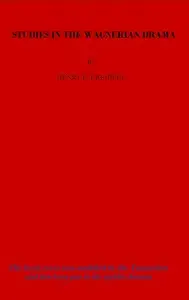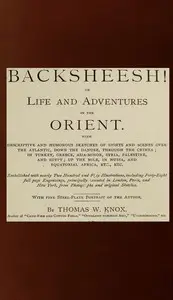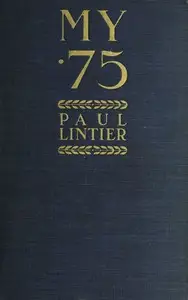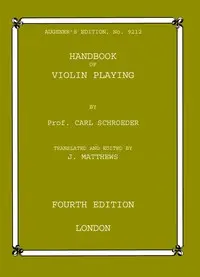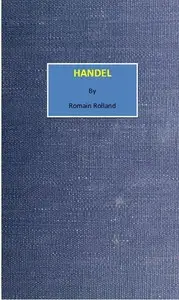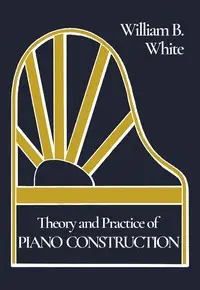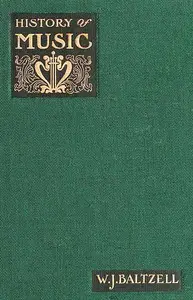"The Mentor: Makers of Modern Opera, Vol. 1, Num. 47, Serial No. 47" by H. E. Krehbiel is a historical account of influential figures in the development of modern opera, written in the early 20th century. The book explores the contributions of various composers, notably Giuseppe Verdi, Richard Wagner, Giacomo Puccini, and Charles Gounod, detailing their artistic evolution and the impact of their works on the operatic landscape. This engaging overview highlights the transition from traditional operatic forms to more innovative and expressive styles that characterized the modern opera movement. In the text, Krehbiel delves into the lives and careers of these distinguished composers, providing a window into their creative processes and the musical contexts in which they worked. Verdi is portrayed as the master of Italian opera whose melodic genius transformed the genre, while Wagner is recognized for his revolutionary ideas that reshaped the operatic narrative. Puccini follows as a torchbearer of Italian songwriting with his stirring and emotionally charged operas like "La Bohème" and "Madame Butterfly." Gounod’s works are celebrated for their lyrical charm, particularly "Faust." The book captures the essence of how these artists forged new paths in opera, each contributing distinct styles and techniques that resonate in contemporary music, leaving an indelible mark on the art form. (This is an automatically generated summary.)
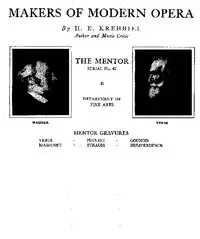
The Mentor: Makers of Modern Opera, Vol. 1, Num. 47, Serial No. 47
By Henry Edward Krehbiel
"The Mentor: Makers of Modern Opera, Vol. 1, Num. 47, Serial No. 47" by H. E. Krehbiel is a historical account of influential figures in the developme...
Henry Edward Krehbiel was an American music critic and musicologist who was the chief music critic of The New York Tribune for more than forty years. Along with his contemporaries Richard Aldrich, Henry Theophilus Finck, W.J. Henderson and James Huneker, Krehbiel is considered part of the 'Old Guard', a group of leading New York–based music critics who first established a uniquely American school of criticism. A critic with a strong bend towards empiricism, he frequently sought out first hand experiences, accounts and primary sources when writing; drawing his own conclusions rather than looking to what other writers had already written. A meliorist, Krehbiel believed that the role of criticism was largely to support music that uplifted the human spirit and intellect, and that criticism should serve not only as a means of taste making but also as a mode to educate the public. His book How to Listen to Music was widely used as an instructional guide by the music consuming public in the United States during the last years of the 19th century and first several decades of the 20th century.


